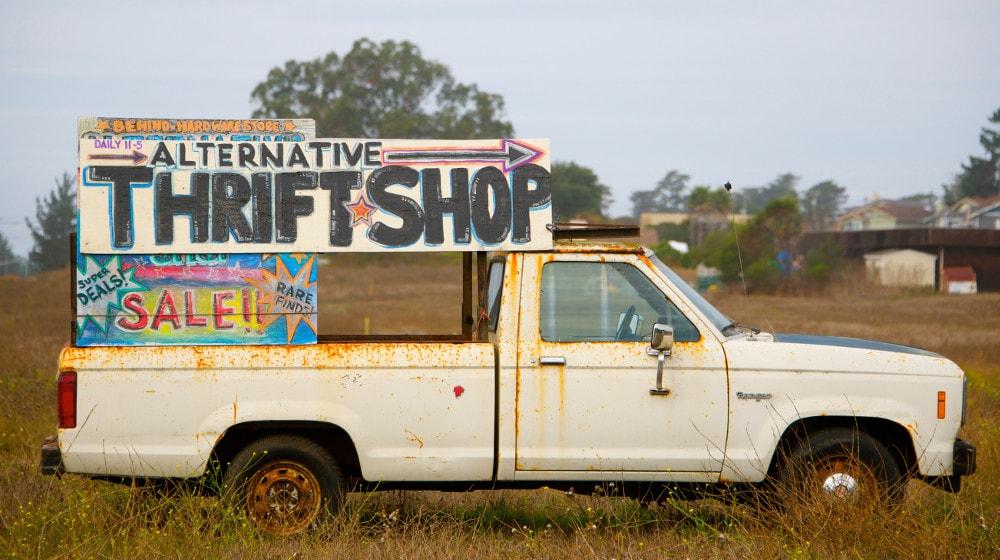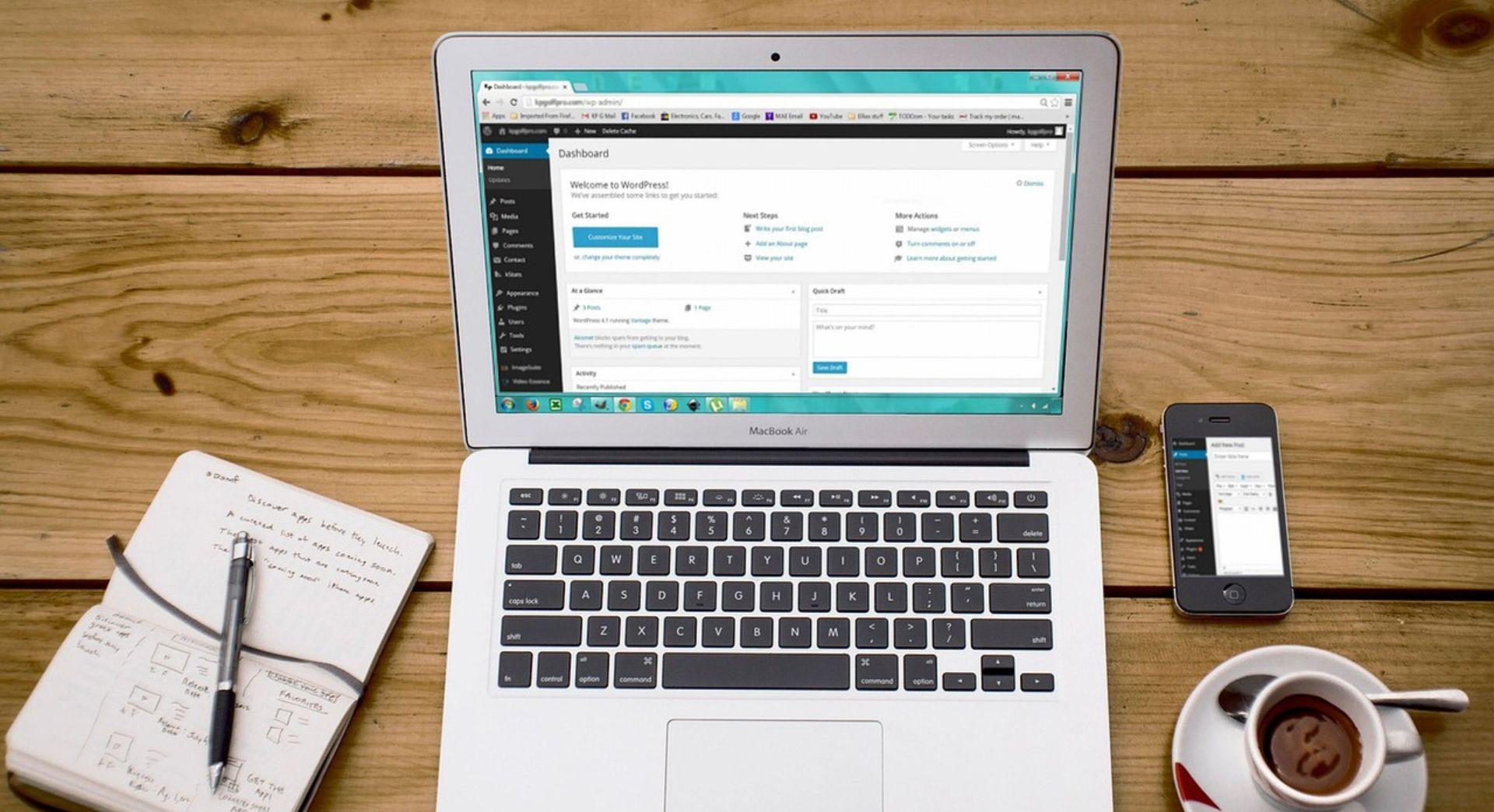Finding the best location for business, especially the right location for your very first shop is probably the single most important investment you’ll make as a start-up. Your first physical shop shows that you’ve arrived, and that you’re serious about business. But it also comes with risks. For one thing, since it’s your first, you won’t have any guarantee of success until you’ve actually tried it. You’ll need to do a lot of research, and be clear-eyed in your assessment of the facts, before you take the plunge. Take a look at these tips before you close the deal on your new piece of real estate.
Do you really need a shop?
You may have your heart set on having your own store, but it’s a question that’s really worth thinking about. Maybe the best location for business, especially for your business isn’t a physical space-- if you’re a retailer you might be better off starting online, and gauging the appetite for your wares that way. If you just need a space to showcase your goods, an online store might actually be more effective and give you greater reach without the expense and hassle of a physical store. GoDaddy can help you with that.
If you’re sure the only way is shop, then think about the possibility of a lower-cost option, like a pop-up shop or a market stall as a first step to gauging your business’s potential in a particular area.
Do your research
In search for the best location for business, you’ll visit the area of course. But don’t just hang around for an hour or two on a Saturday. Just because Saturday is a great day doesn’t mean the rest of the week will be, and you’ll need to factor in your costs for staying open on wet Tuesday afternoons.
Talk to other vendors and get an idea for the ebb and flow of footfall on any given day – including the dull ones.
Visit on different days and actually count how many people there are on each day, rather than just make a guesstimate. This will make it easier to calculate the kind of numbers you’ll need to make your business a success. Most businesses want high footfall, but of course those locations also tend to be the most expensive.
You’ll almost certainly need to compromise on finding the busiest location you can afford. Unless of course, your business makes a premium of confidentiality, in which case, being tucked away down a side street may be the perfect spot for you.
Double-check your demographics
Before you make a commitment to the best location for business you found, take a close look at the demographics of your potential customer base. Are they necessarily local, or could they come from anywhere? If they’re local, are there likely to be enough of them to support your business? Is the local community healthy, vibrant and in need of your services? Or are you hoping to create a need? If it’s the latter, you could be in for the long haul.
And think about your staff. Will you need to recruit locally, and if so, are the kind of people you need likely to live nearby?

Type of business
Before you go searching for the best location for business, consider the type of business you’re planning. Will your business fit in with and complement the other businesses around you? What’s the competition like? Will you be able to forge any partnerships with local complementary businesses? What kind of people do those other businesses attract to the area? Are your potential customers likely to be among them?
And we might be getting ahead of ourselves a little here, but if you’re thinking ahead, will those other businesses be attractive for your potential employees? Is there a sandwich shop (if that’s not you), day care for children etc.?
Ask around about previous businesses that have used the site. If there’s been a frequent turnover of new businesses on that prime-looking spot there may be a reason why none of them have succeeded there.
If there’s been a frequent turnover of new businesses on that prime-looking spot there may be a reason why none of them have succeeded there.
Accessibility
Just because you’re on the high street doesn’t mean your customers can easily get to you, and this might mean it isn’t exactly the best location for business for you. If you’re selling bulky goods you’ll need to consider parking nearby, or how you’ll be able to deliver to customers. Will this be an issue for deliveries? Couriers will need to be able to get in and out quickly. Larger hauliers will need good roads and preferably loading bays.
If you’re sharing space with others, perhaps in a mall or office block, check that the opening hours will match with your own. Early closing when you plan to be open late could put a serious dent in your plans. And just because there’s a car park nearby doesn’t mean that your target market will be able to use it when they need it – check how busy it gets and if there are any dead periods.
Check the legals
Look into planning for the area. Are there any byelaws that might affect your business due to come into force in the near future? New parking restrictions may affect you, and so might new businesses – a new supermarket down the road may not be the best neighbour for your corner shop.
Investigate your infrastructure and utilities
Check that the premises can definitely handle all your requirements, from lighting to heating, internet access and fresh water. Some older buildings may not be quite up to modern compliance standards and you may need to factor in the cost of refurbishment. Also check if those utilities are included in your lease or if you’ll have to pay extra. Make sure you total up ALL of your potential expenses and be clear-eyed about how you’ll be able to meet them.
So, with these points of consideration, you’re now ready to create your checklist. Happy hunting for the best location for business!






